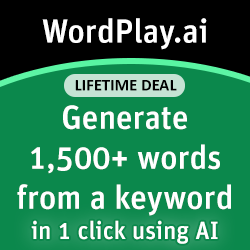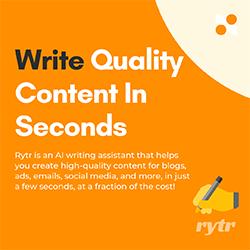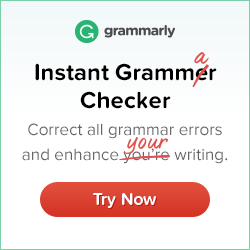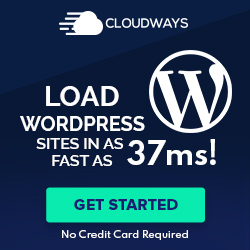What Is an Advertising Management Platform?

An Advertising Management Platform can make your marketing efforts more cost-efficient and time-effective, streamlining ad creation, tracking, analysis, and increasing return on investment (ROI) for clients.
Ad management software combines all agency media buying and planning activities into one dashboard for easy access and analysis. Real-time reporting tools also reduce human error while helping optimize campaigns to achieve maximum results.
Real-time analytics and reporting
Marketers and ad agencies use data management platforms (DMPs) to enhance digital advertising campaigns or gain deeper insights into their audiences, by identifying and grouping audience segments. Furthermore, these platforms collect and classify data collected from multiple online and offline sources, helping optimize ad strategies.
Enterprise-level ad agencies possess a complex workflow from placing orders and executing campaigns to analytics and reporting.
This process necessitates managing an immense volume of tasks and communication channels for several or even hundreds of clients; managing it all manually using email chains, spreadsheets, or Google Data Studio would take much more time and money than using an advertising management platform to keep everything under control. This can save money in the long run.
A centralized platform for managing ad campaigns allows teams to collaborate more easily while streamlining processes. Many ad management tools also automate certain operations, which reduces manual effort while making scaling advertising campaigns simpler without increasing workload significantly. Finally, many ad management tools provide real-time analytics and reporting, helping businesses track campaign performance in real-time while making improvements that maximize return on investment while reaching target audiences effectively.
Cross-channel ad campaigns
Cross-channel campaign management software enables brands to execute multi-channel marketing initiatives simultaneously across digital and physical channels, known as omnichannel marketing. You can click here to learn more. Businesses utilizing this type of approach meet consumer expectations more effectively.
Marketers looking to successfully execute multi-channel ad campaigns must first develop cohesive messages across channels. Furthermore, marketers must understand their target audience's buying journey and the various touchpoints leading to conversion - an ad management platform can assist marketers by providing real-time analytics and reporting.
Marketers need the capability to adapt their ads in response to performance data to get maximum return on investment from their ad spending budgets and ensure maximum ROI.
An effective ad management platform can also assist marketers with reaching the right audience at the right time with personalized messaging; as well as retargeting users who have visited websites but failed to convert into customers; increasing brand recognition and building customer loyalty while helping track return on ad spend (ROAS). There are various platforms out there today, yet few cover all channels.
Automation
Many digital advertising campaigns rely on third-party software and algorithms to maximize ad performance, but this can be problematic as these platforms often have their own agendas that may conflict with those of your brand and cause suboptimal ad results and wasted ad spending.
Ad automation provides the solution by eliminating manual labor while optimizing campaigns in real-time.
Ad management tools are crucial tools for agencies looking to develop and execute successful advertising campaigns. They enable businesses to monetize their websites, increase sales, and raise brand recognition while tracking campaign performance in real time.
Account-based marketing (ABM) tools provide businesses with tools that help identify and engage key decision-makers within their target audience, generate more leads, convert more customers, and scale efforts without significantly expanding staff numbers. Furthermore, ABM tools automate many ad processes like creation and bidding, which reduce human error while saving time.

Creative ad creation
CMPs offer ad creation capabilities that streamline the design process and enable marketers to design ads at scale, while also offering high refresh rates essential for brand engagement and optimizing campaign ROI. Furthermore, these platforms come equipped with features designed to facilitate innovative customer experiences for marketers.
These include ad composition tools that enable designers to easily craft digital ads without coding. Furthermore, these features enable designers to resize images and videos easily while adding audio/animation transition effects and creating QR codes. You can click the link: https://guides.boisestate.edu/QRcodes to learn more.
As well as offering ad composition tools, an ideal creative management platform should also offer workflow automation to streamline teams' efforts and keep everyone on the same page. For instance, this feature eliminates chaotic email threads by enabling teammates to review and approve creatives immediately in real time.
Team collaboration
Team collaboration features of ad management platforms allow multiple employees to work simultaneously on similar tasks, thus improving your advertising campaigns' efficiency and increasing leads for your business. In addition, this feature helps track individual team member performances more easily.









